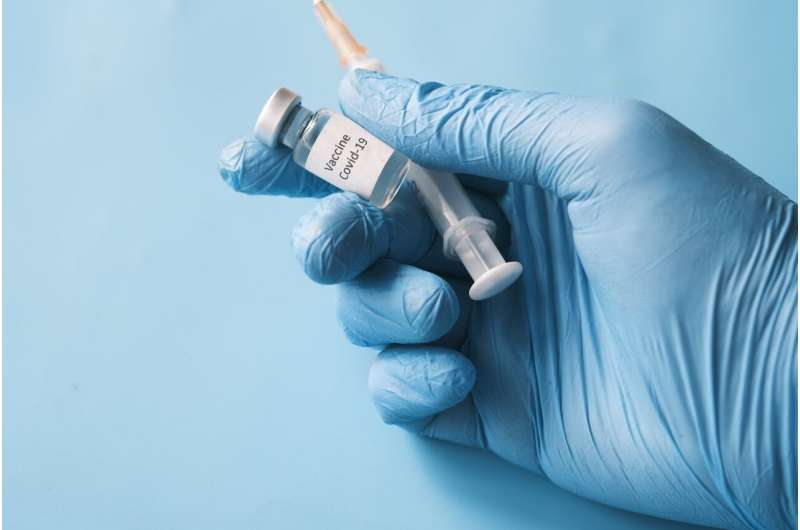The Role of Education and Social Factors in Rheumatic and Musculoskeletal Diseases

Emerging research emphasizes the critical role of social determinants like income and education in shaping outcomes for patients with rheumatic and musculoskeletal diseases. Findings from the EULAR 2025 congress reveal how these factors influence disease progression and mortality, highlighting the need for targeted interventions to promote health equity.
Recent research highlights the significant influence of social determinants of health (SDH), such as socioeconomic status and educational background, on outcomes in chronic rheumatic and musculoskeletal diseases (RMDs). These factors are increasingly recognized as critical contributors to disease progression and patient well-being. Studies presented at the EULAR 2025 congress in Barcelona shed light on how SDH impact conditions like systemic lupus erythematosus (SLE) and inflammatory arthritis.
Systemic lupus erythematosus (SLE), a complex autoimmune disease characterized by clinical heterogeneity, often results in severe morbidity and increased mortality. Despite the known disparities linked to SDH, limited research has been conducted in unselected European populations. A Swedish population-based cohort of 2,434 newly diagnosed SLE patients revealed that lower income and limited education significantly increased the risk of organ damage and mortality. Specifically, individuals with an annual income below the median and less than nine years of education faced a 30–40% higher chance of organ damage compared to their counterparts.
Marital status also played a role, with divorced or widowed individuals showing a heightened risk of organ damage. Additionally, a history of sick leave or disability was associated with more than a 40% increased risk of organ damage. When examining mortality, those in the lowest income and education brackets faced more than double the risk, with single, separated, or widowed individuals at greater mortality risk. Interestingly, being born outside Sweden did not influence these outcomes.
Researchers emphasized that understanding these social determinants enables targeted interventions, such as improving healthcare access, health literacy, and community support networks, which could mitigate adverse outcomes.
Further investigation into inflammatory arthritis by King’s College London highlighted the impact of health literacy on disease management and work productivity. Participants with limited health literacy reported higher disease activity, increased anxiety and depression, and more severe symptoms. Limited health literacy was also linked to higher corticosteroid use and greater work impairment, including absenteeism and presenteeism.
These findings underscore the importance of addressing social and educational barriers in managing RMDs. Enhancing health literacy and addressing social disparities could lead to better clinical outcomes and improved quality of life for patients.
Overall, these studies advocate for integrating social determinants into healthcare strategies for rheumatic diseases, ultimately aiming to reduce health inequalities and optimize patient care.
Source: https://medicalxpress.com/news/2025-06-impact-social-factors-rheumatic-musculoskeletal.html
Stay Updated with Mia's Feed
Get the latest health & wellness insights delivered straight to your inbox.
Related Articles
New Insights into Mast Cells as Protective Gatekeepers in Brain Immunity
New research reveals that mast cells act as protective gatekeepers at the brain's fluid exchange points, defending against bacterial and viral infections while regulating waste removal.
COVID-19 Vaccination During Pregnancy Leads to Improved Neonatal Outcomes Without Increased Maternal Risks
Research shows COVID-19 vaccination during pregnancy reduces infection risk and improves neonatal outcomes without increasing maternal health risks, supporting its safety and efficacy.
Increased Risk of Cardiovascular Events in RSV Hospitalizations Compared to COVID-19
New research indicates that RSV hospitalizations significantly increase the risk of acute cardiovascular events compared to COVID-19, emphasizing the importance of vaccination for at-risk populations.



